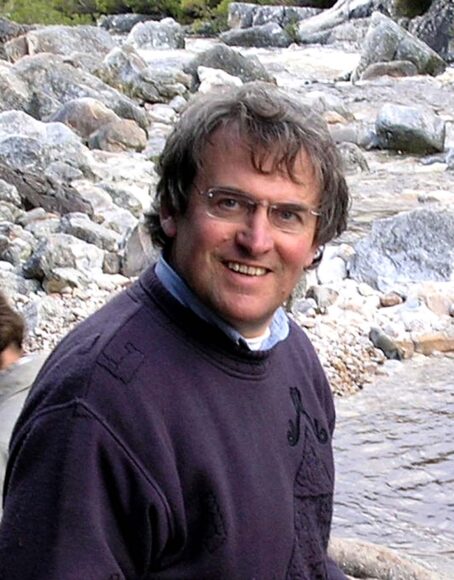
- This event has passed.
Dirt-poor soils, pesky parasites and friendly fungi shape plant diversity in south-western Australia
16 April, 2023 @ 2:00 pm - 4:30 pm
Dirt-poor soils, pesky parasites and friendly fungi shape plant diversity in south-western Australia
A talk by Hans Lambers
Duggan Pavilion, Cowaramup 16th April 2023 at 2.00pm
Doors open at 1.30pm for book sales, …
Afternoon tea
Southwest Australia is a biodiversity hotspot, with the greatest plant diversity on severely phosphorus-impoverished soils. Non-mycorrhizal plant families (e.g., Proteaceae) feature prominently on the poorest soils, and are uncommon on richer soils.
The ecological success of Proteaceae on severely impoverished soils can be explained by two traits. Almost all Proteaceae produce cluster roots, which mobilise the scarcely-available but essential element, phosphorus. Australian Proteaceae also use phosphorus very efficiently in photosynthesis, and show a tremendous capacity to remobilise it from senescing leaves.
But the Proteaceae are only one component of the extraordinary plant diversity. Why do species with a less effective phosphorus-acquisition strategy coexist with ones that are far superior in extracting phosphorus from our extremely poor soils? Facilitation by neighbours definitely plays a role, and nutrients mobilised by Proteaceae are also used by neighbours without this strategy. It is only part of the story, however, and we are unlocking the next chapter of how native parasites (oomycetes or water-moulds) also contribute to the megadiversity in the southwest.

Brief curriculum vitae of Emeritus Professor Hans Lambers
I was born in the Netherlands, finished my PhD in 1979, and was appointed Professor of Ecophysiology at Utrecht University (1985). In 1998, I migrated to Australia, where I was appointed Professor of Plant Biology/Ecology at UWA. There, I studied mineral nutrition of Australian native species, seeking to discover how some Australian plants acquire phosphorus from depauperate soil and use it very efficiently. In 2006, I established the Kwongan Foundation.
I have published >600 papers, and feature on Highly Cited lists of Clarivate, which feature the top 1% authors in their field. I was elected to the Royal Netherlands Academy of Arts and Sciences (2003), and the Australian Academy of Science (2012). I received Honorary Professorships from China Agricultural University (2002), Chinese Academy of Sciences (Research Centre for Eco- Environmental Sciences, Beijing) (2004), Shenyang Agricultural University (2018), and Jiangxi Agricultural University, Nanchang, China. (2019). I was appointed as Distinguished Professor at the National Academy of Agriculture Green Development at China Agricultural University (2018).
I received the Lifetime Achievement Award of the International Society of Root Research (2018) and the John Oldham Conservation Employee Award from the Conservation Council of WA (2019).
The Wildflower Society uses its independent technical knowledge of WA’s wildflowers to help you better know, grow, enjoy and conserve the wildflowers of Western Australia.
We are committed to providing help to the following…
